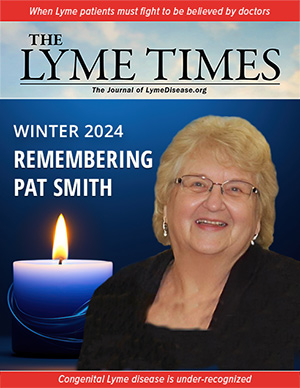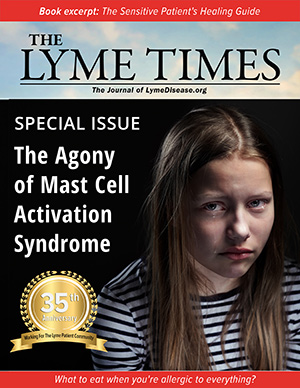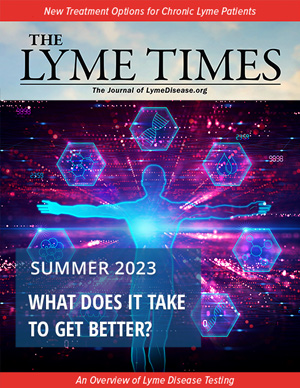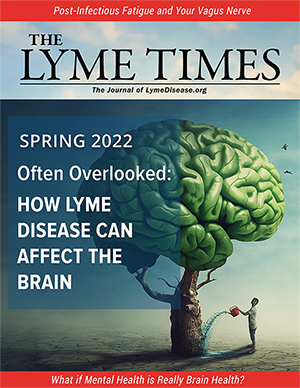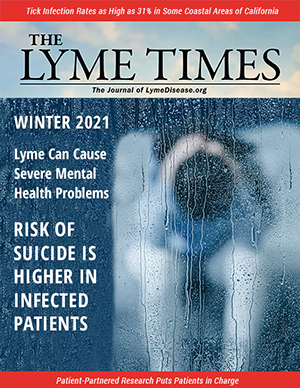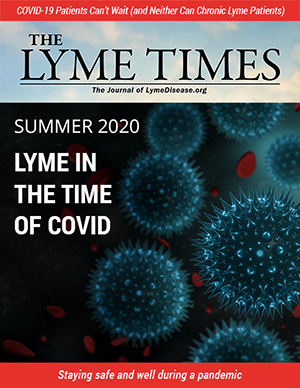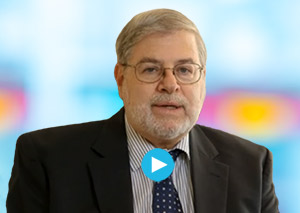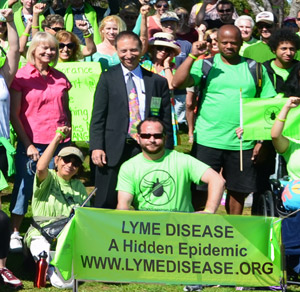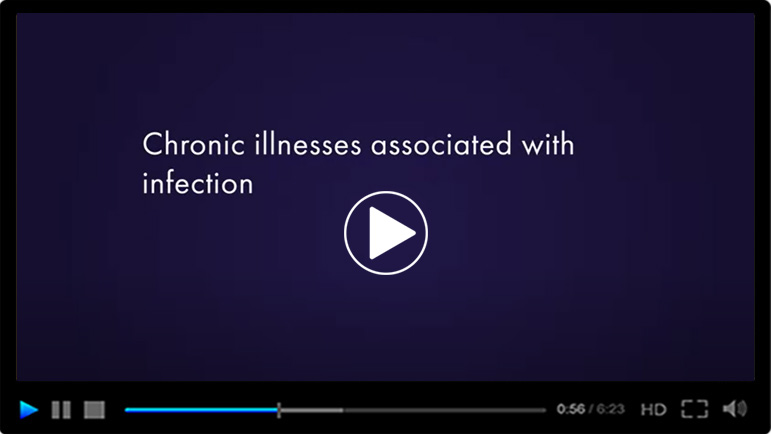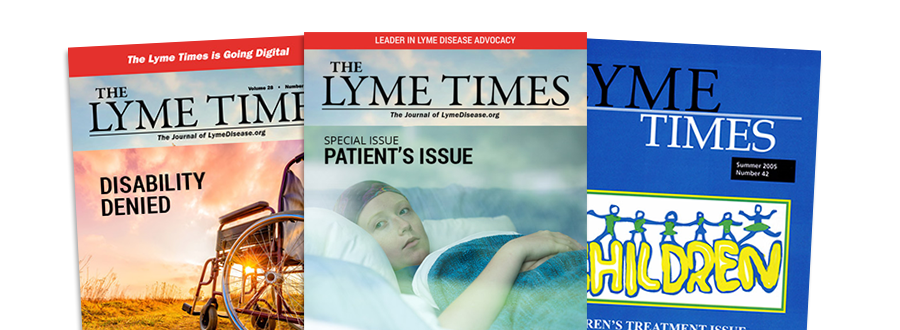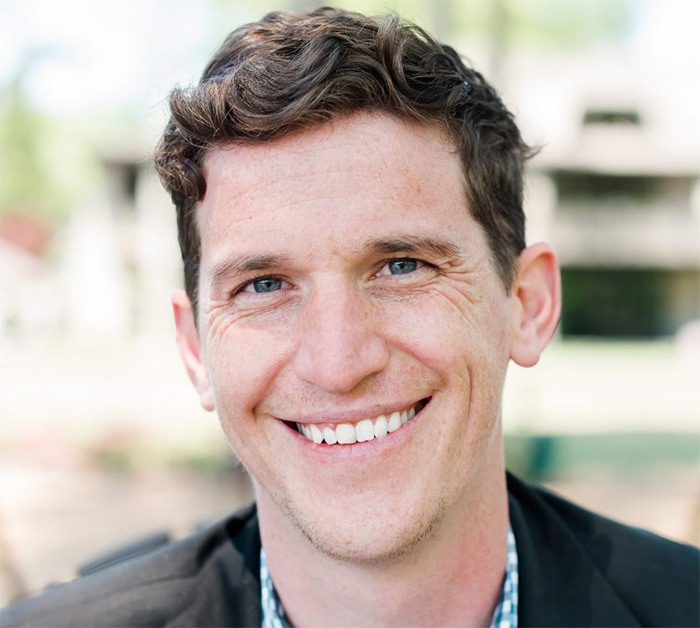 M ore than three years out from the beginning of the COVID-19 pandemic, scientific authorities continue to monitor long COVID, the syndrome comprising the disabling aftereffects of SARS-CoV-2 that can last for months and years after one’s initial infection.
M ore than three years out from the beginning of the COVID-19 pandemic, scientific authorities continue to monitor long COVID, the syndrome comprising the disabling aftereffects of SARS-CoV-2 that can last for months and years after one’s initial infection.
If public health policymakers are to fully learn the profound lessons about human biology and pandemic resilience that this crisis has presented, it means grappling with the reality of complex, chronic illness as an outcome of any infection, whether it be viral or bacterial.
To do so, it’s time to establish and fully fund an Office at the National Institutes of Health (NIH) solely dedicated to researching infection-associated chronic illness.
The need for such an office at the NIH is clear. Long COVID is the new face of a similar set of conditions occurring in the wake of infections and well-documented in the scientific literature. Such effects are associated with polio, Lyme, Epstein-Barr, Ebola, SARS, MERS, Ross River virus, Q fever, chikungunya, and other infections. They will undoubtedly occur from the future epidemics and pandemics that are bound to strike in the coming years and decades.
A study from Harvard economist David Cutler estimates the five-year economic burden of long COVID to the U.S. economy at $3.7 trillion. Such an enormous toll must catalyze ever more ambitious and creative policymaking that tackles the core biological issues head on.
A New Office for a New Paradigm
This summer, the National Academy of Science, Engineering and Medicine held a landmark workshop intended to establish a national research agenda for infection-associated chronic illnesses.
Held on June 29 and 30 in Washington, D.C., the event brought together scientists and advocates working on a host of infection-associated chronic diseases, including long COVID, multiple sclerosis, persistent Lyme disease, myalgic encephalomyelitis, and fibromyalgia………..Join or login below to continue reading.



